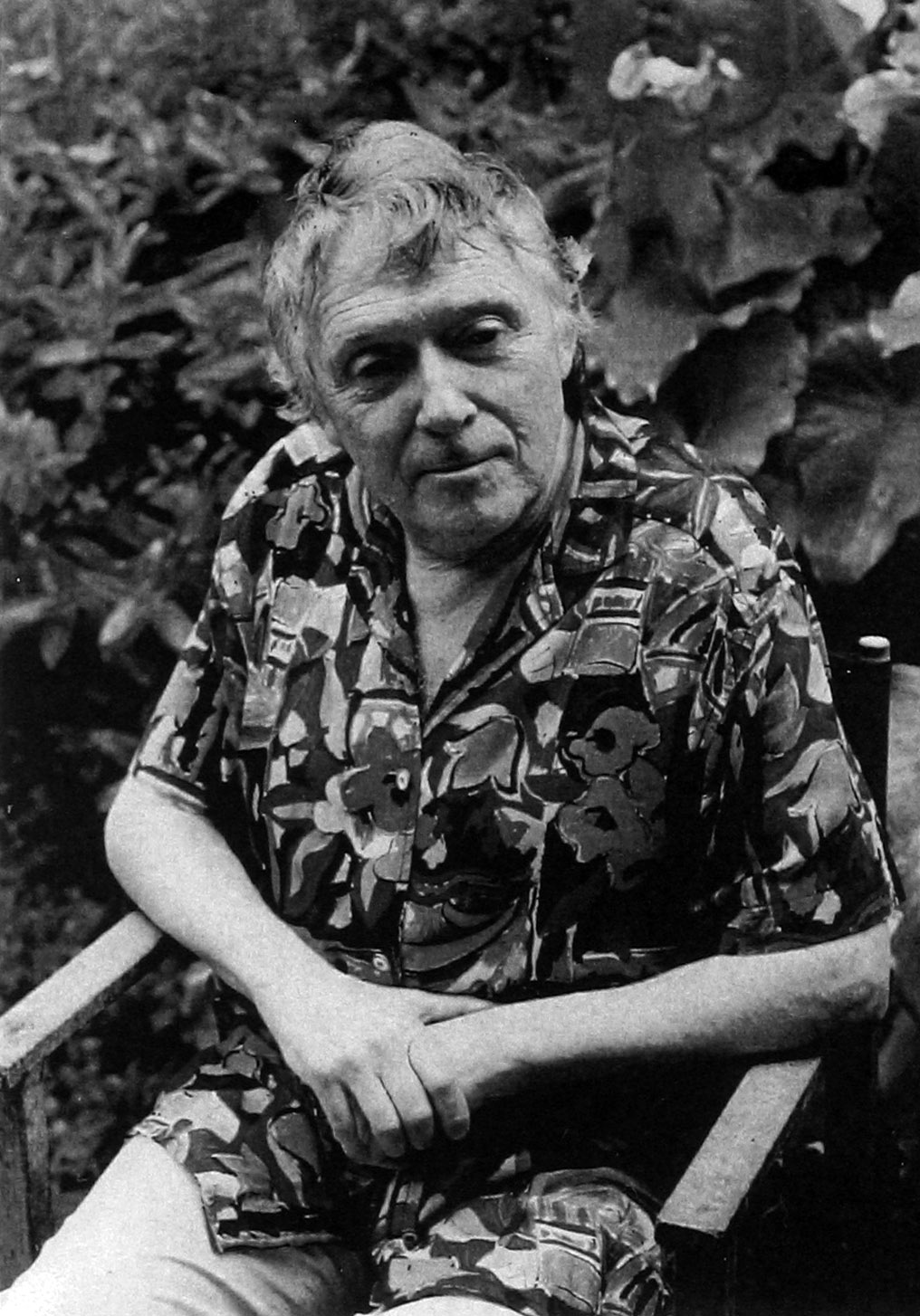|
Mr Ponsonby
''Mr Ponsonby'' is the fourth novel from noted New Zealand author Ian Middleton, and is described as "his eulogy to a gentrifying Ponsonby". He had an intimate connection with Ponsonby (a suburb in Auckland, New Zealand), where the book is set, beginning in 1942 and returning to live there in later life. It is the story of a man driven by greed, willing to destroy the character and nature of a lively, spirited community for the sake of a dollar. Mr Ponsonby "vividly recreates the atmosphere and characters of an Auckland suburb threatened by reconstruction"The Oxford Companion to New Zealand Literature, edited by Roger Robinson and Nelson Wattie (Melbourne: Oxford University Press, 1998) and the clash between the proponents of progress, development and gentrification and the inhabitants of an established community with its own unique character. Reviews * Richards, Ian. ''New Zealand Listener'' 126 (2608), p. 126; 5 March 1990. * McLean, Gavin. ''Otago Daily Times'' p. ... [...More Info...] [...Related Items...] OR: [Wikipedia] [Google] [Baidu] |
Ian Middleton
Ian Middleton (26 October 1928 – 24 October 2007) was a New Zealand novelist, who made a particular mark with his books set in post-Second World War Japan. Born in New Plymouth, he was the younger brother of noted New Zealand short story writer O. E. Middleton. Blind, he said this gave him a "special perspective but 'without limitation'", and has been attributed to the "strong metaphoric colour, sensual - often erotic - quality and lush verbal richness of his writing". A full list of his publications can be seen at the University of Auckland's NZ Literature file and more biographical information is at the New Zealand Book Council's website. Main works * ''Pet Shop'' (Waiura: A. Taylor, 1979) * ''Faces of Hachiko'' (Auckland: Inca Print, 1984) * ''Sunflower: a Novel of Present Day Japan'' (Auckland: Benton Press, 1986) * '' Mr Ponsonby'' (Auckland: Lyndon, 1989) * ''Reiko'' (Wellington: Moana Press, 1990) * ''Harvest'' (Ōkato: Puniho Art Press, 1995) * ''I See a Voice'' ... [...More Info...] [...Related Items...] OR: [Wikipedia] [Google] [Baidu] |
New Zealand Listener
The ''New Zealand Listener'' is a weekly New Zealand magazine that covers the political, cultural and literary life of New Zealand by featuring a variety of topics, including current events, politics, social issues, health, technology, arts, food, culture and entertainment. The Bauer Media Group closed ''The Listener'' in April 2020 as a result of the COVID-19 pandemic in New Zealand. In June 2020, Mercury Capital acquired the magazine as part of its purchase of Bauer Media's former Australia and New Zealand assets, which were rebranded as Are Media. History ''The Listener'' was first published in June 1939 as a weekly broadcasting guide for radio listeners, and the first issue was distributed free to 380,000 households. First edited by Oliver Duff then from June 1949 M. H. Holcroft, it originally had a monopoly on the publication of upcoming television and radio programmes. In the 1980s it lost that monopoly, but despite the increase in competition since that time, it was ... [...More Info...] [...Related Items...] OR: [Wikipedia] [Google] [Baidu] |
Novels By Ian Middleton
A novel is a relatively long work of narrative fiction, typically written in prose and published as a book. The present English word for a long work of prose fiction derives from the for "new", "news", or "short story of something new", itself from the la, novella, a singular noun use of the neuter plural of ''novellus'', diminutive of ''novus'', meaning "new". Some novelists, including Nathaniel Hawthorne, Herman Melville, Ann Radcliffe, John Cowper Powys, preferred the term "romance" to describe their novels. According to Margaret Doody, the novel has "a continuous and comprehensive history of about two thousand years", with its origins in the Ancient Greek and Roman novel, in Chivalric romance, and in the tradition of the Italian renaissance novella.Margaret Anne Doody''The True Story of the Novel'' New Brunswick, NJ: Rutgers University Press, 1996, rept. 1997, p. 1. Retrieved 25 April 2014. The ancient romance form was revived by Romanticism, especially the historica ... [...More Info...] [...Related Items...] OR: [Wikipedia] [Google] [Baidu] |

